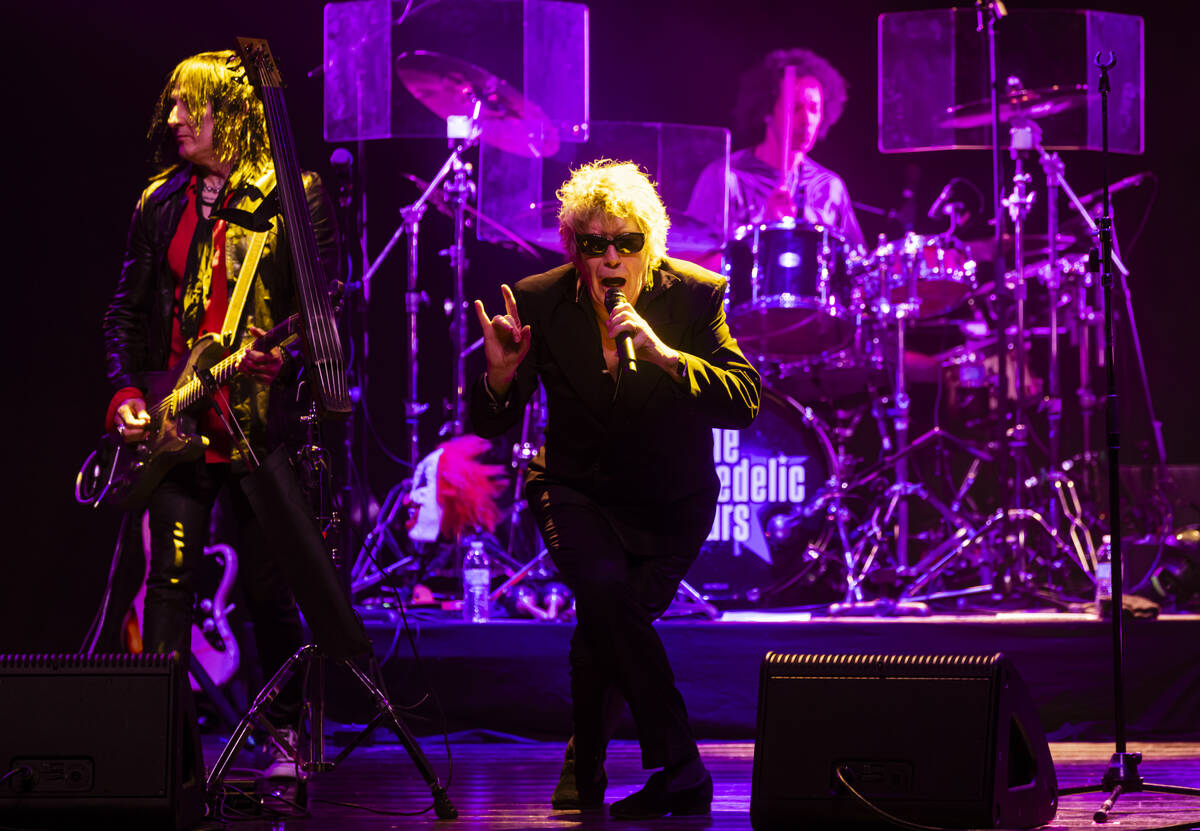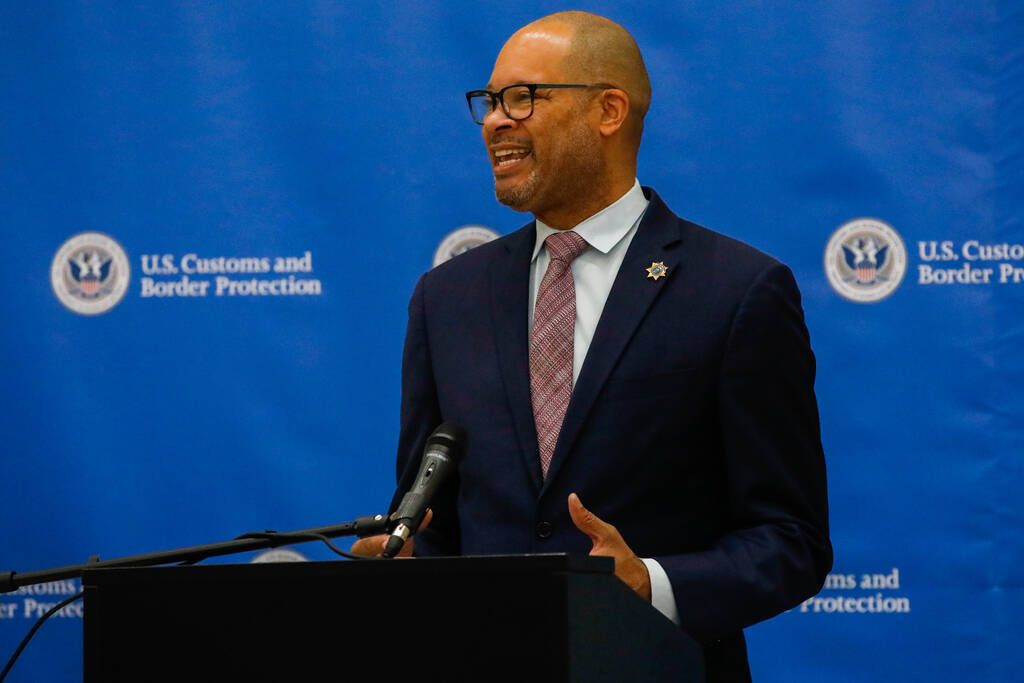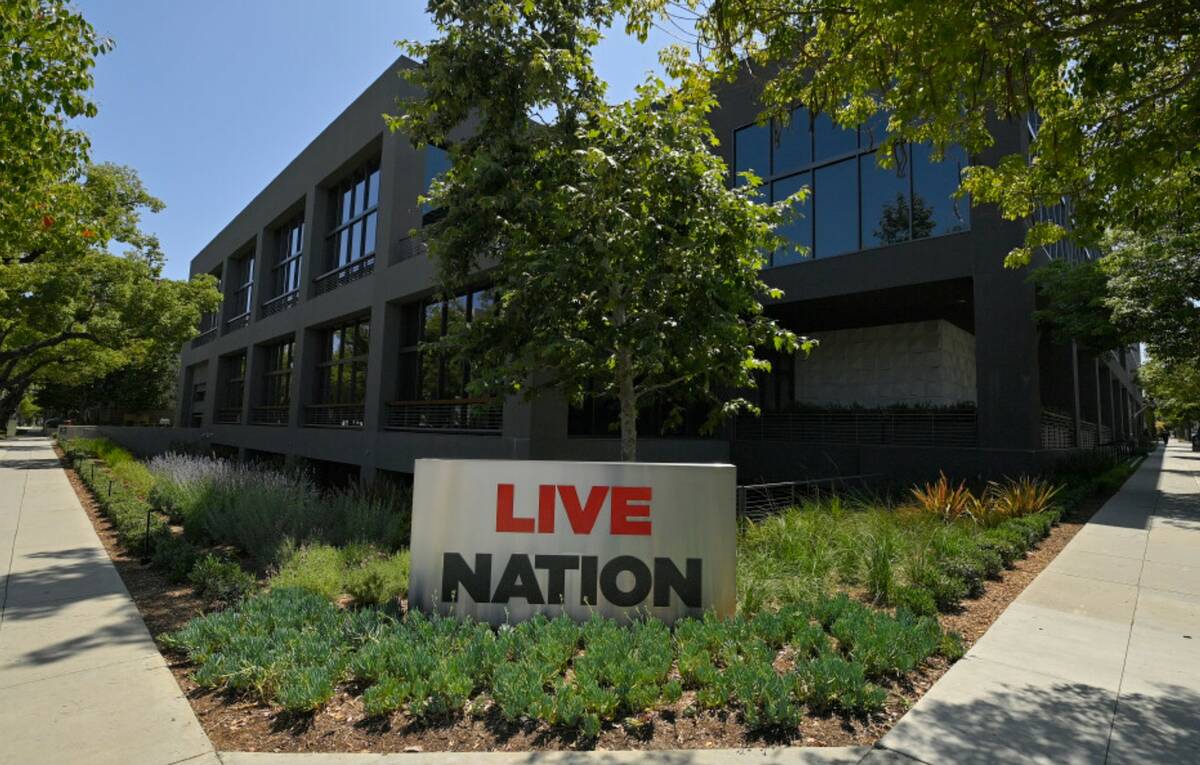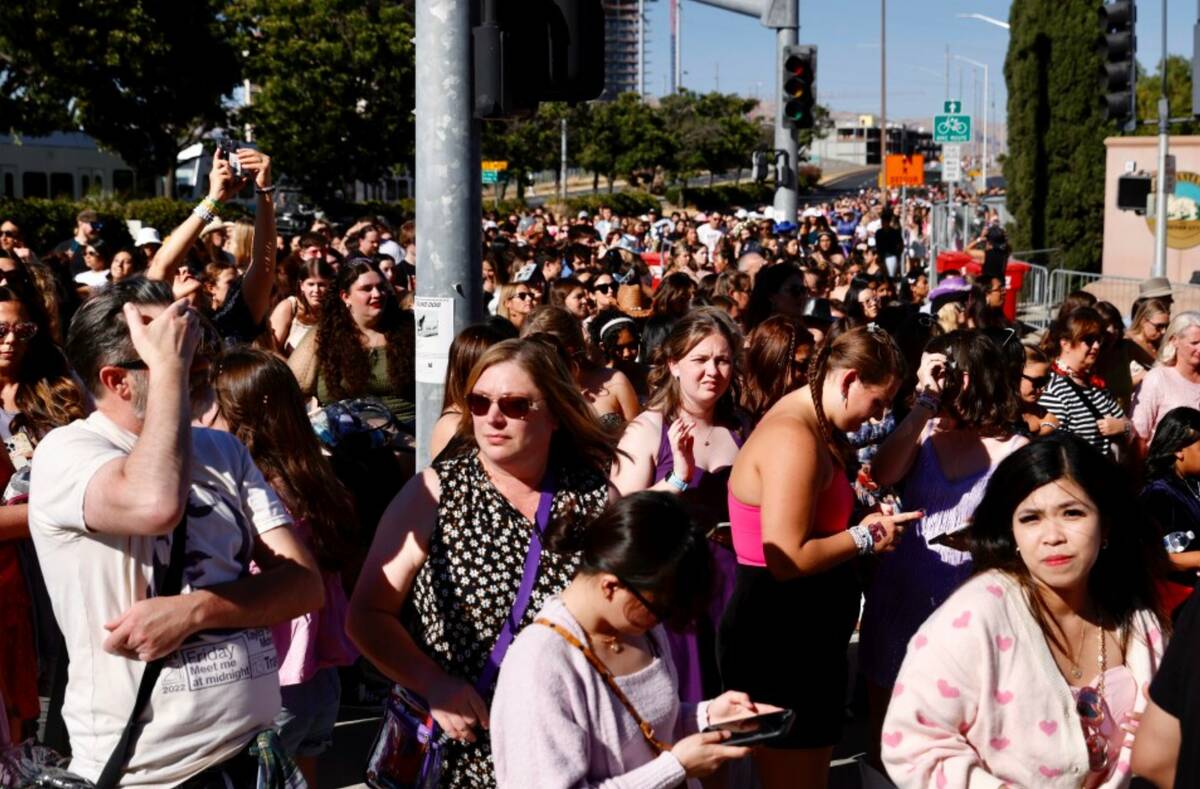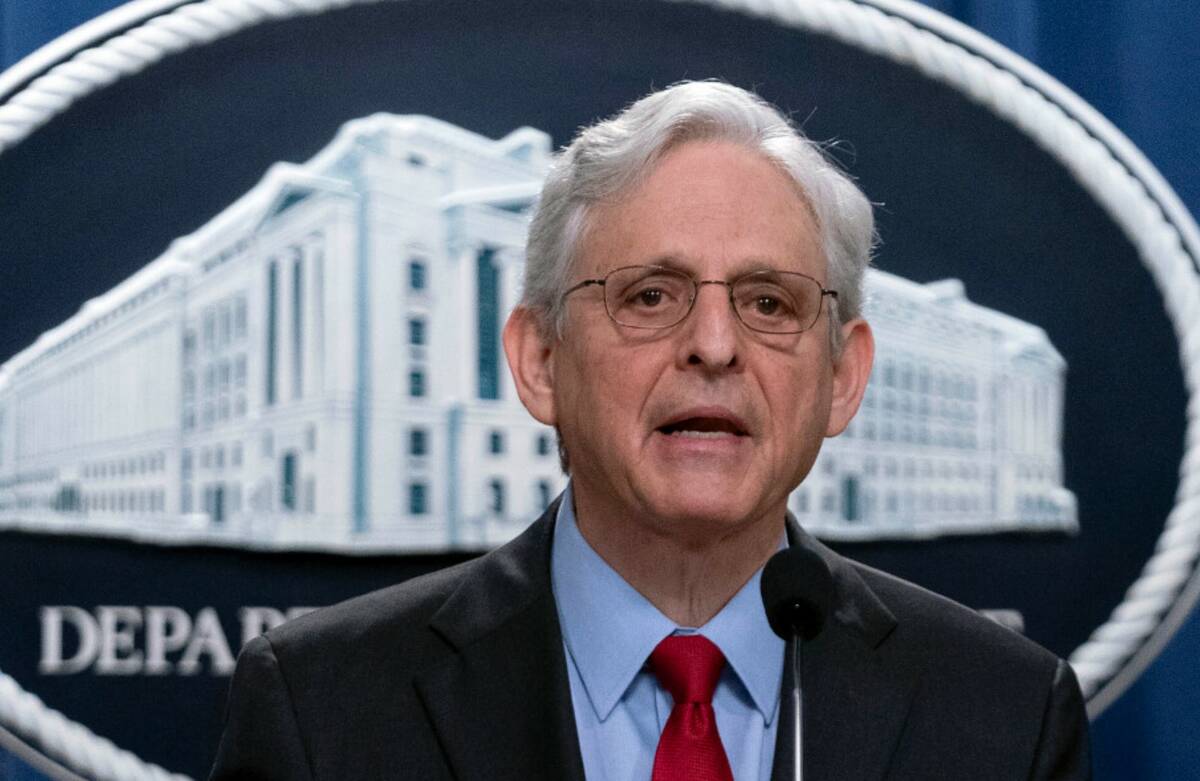Antitrust lawsuit against Live Nation, Ticketmaster could have Vegas impact
The U.S. Justice Department on Thursday filed an antitrust lawsuit against entertainment giant Live Nation Entertainment Inc. and its Ticketmaster sales affiliate, seeking to break up the company it alleges is operating as a monopoly.
The lawsuit, joined by Nevada Attorney General Aaron Ford and 29 other state attorneys general and the District of Columbia, could have wide-ranging ramifications for the live entertainment business in Las Vegas.
Live Nation operates the House of Blues at Mandalay Bay and Brooklyn Bowl at the Linq, but has affiliations with dozens of Southern Nevada venues, ranging from performance arenas to swimming pools that host concerts and dayclubs.
Live Nation denies it is a monopoly and a company representative said it would defend itself in court against the “baseless allegations.
“Calling Ticketmaster a monopoly may be a PR win for the DOJ in the short term, but it will lose in court because it ignores the basic economics of live entertainment,” Live Nation added.
The 124-page lawsuit was filed in the U.S. District Court of Southern New York in Manhattan.
Threats and retaliation
The government accused Live Nation of tactics — including threats and retaliation — that Attorney General Merrick Garland said have allowed the entertainment giant to “suffocate the competition” by controlling virtually every aspect of the industry, from concert promotion to ticketing. The impact is seen in an “endless list of fees on fans,” the attorney general said.
The impact of the lawsuit may be great in Las Vegas, which has long touted itself as the “sports and entertainment capital of the world.”
“Live Nation’s business practices have directly harmed consumers and the entertainment industry by contributing to skyrocketing prices for live entertainment,” Ford said in a statement. “Nevada, with our reliance on the tourism sector and live entertainment, feels the effects of increasing prices in this area deeply. By joining this lawsuit, we will fight to keep our world-class experiences more affordable for both Nevadans and tourists.”
The lawsuit said Live Nation’s conduct also violated Nevada’s Unfair Trade Practices Act.
“The defendants’ conduct in the course of selling tickets, booking and promoting live entertainment shows, and operating concert venues in the state of Nevada has been unlawful, exclusionary and anticompetitive … and has harmed fans, venues, promoters and artists throughout the state of Nevada,” the lawsuit says.
Oak View Group relationship
The lawsuit also notes Live Nation’s current relationship with Oak View Group, which plans to build a resort with an NBA-ready arena at Las Vegas Boulevard and Blue Diamond Road.
“Live Nation-Ticketmaster exploits its longtime relationship with Oak View Group, a potential competitor-turned-partner that has described itself as a ‘hammer’ and ‘protect(or)’ for Live Nation,” the lawsuit says. “In recent years, Oak View Group has avoided bidding against Live Nation for artist talent and influenced venues to sign exclusive agreements with Ticketmaster.”
There was no immediate response from a local Oak View Group representative about the lawsuit.
Michael Carrier, a professor at Rutgers Law School who specializes in antitrust litigation, said the Justice Department has a strong case. He expects Live Nation to “try to cast blame elsewhere,” such as arguing that prices are set by artists or venues, but he said those explanations are weak.
“The DOJ showed how Live Nation really has its tentacles in each element of the supply chain, which means that it has a lot more control than it is letting on,” he said. “And in terms of justifications, there is really very little that (Live Nation) can offer in terms of how they’re helping the consumer.”
The complaint said a breakup between Live Nation and Ticketmaster is on the table. That, combined with other remedies such as preventing some exclusive deals that shackle competition, could potentially help fans see lower ticket prices, give artists more agency in choosing venues and boost smaller promoters’ success in the long run, Carrier said.
Ticketmaster, which merged with Live Nation in 2010, is the world’s largest ticket seller across live music, sports, theater and more. During its annual report last month, the company said Ticketmaster distributed more than 620 million tickets through its systems in 2023.
Around 70 percent of tickets for major concert venues in the United States are sold through Ticketmaster, according to data in a federal lawsuit filed by consumers in 2022. The company owns or controls more than 265 of North America’s concert venues and dozens of top amphitheaters, according to the Justice Department.
Contact Richard N. Velotta at rvelotta@reviewjournal.com or 702-477-3893. Follow @RickVelotta on X. The Associated Press contributed to this report.




